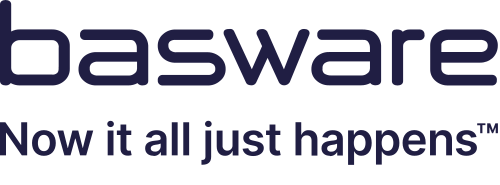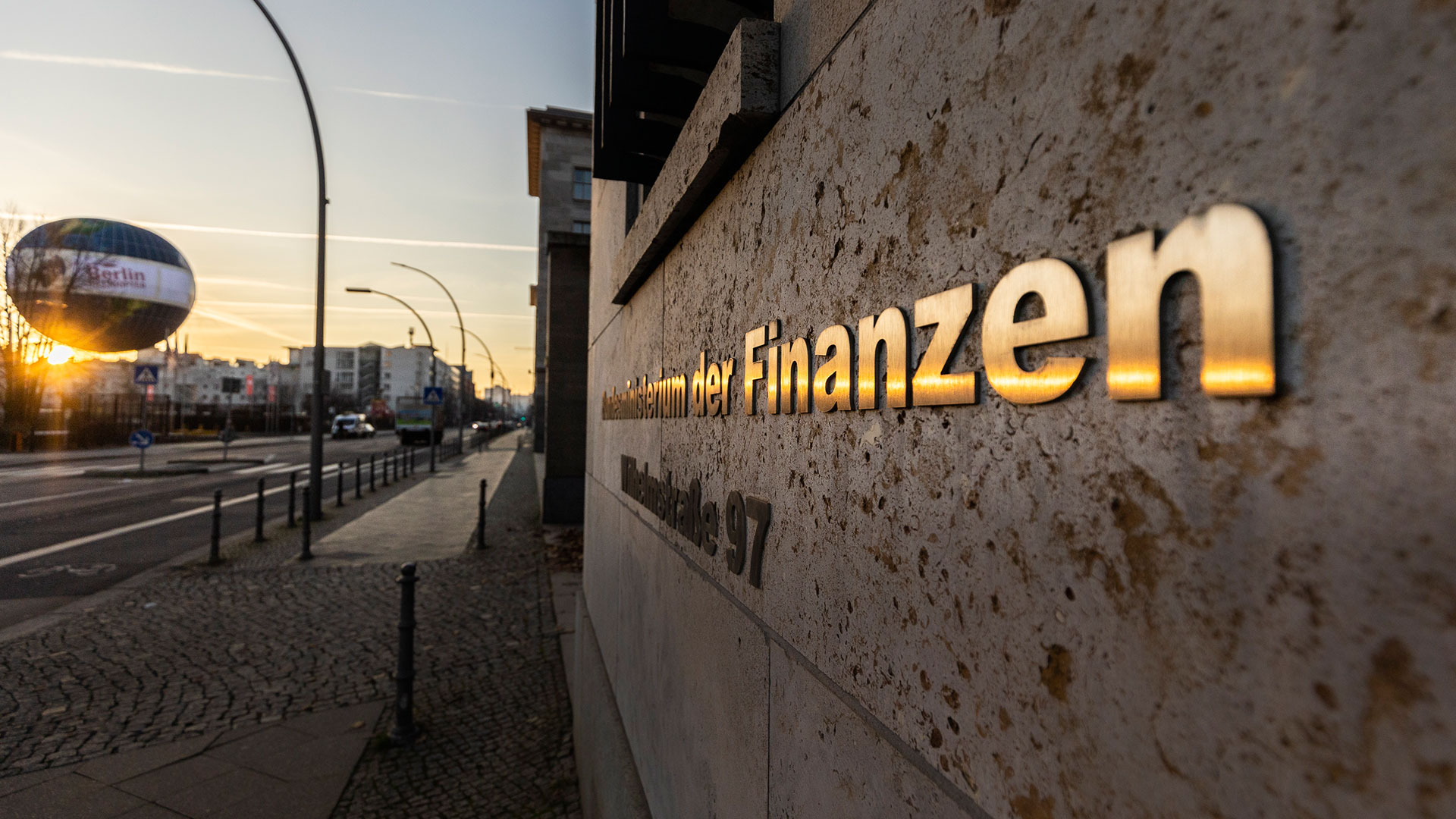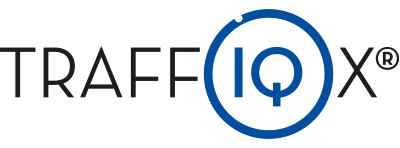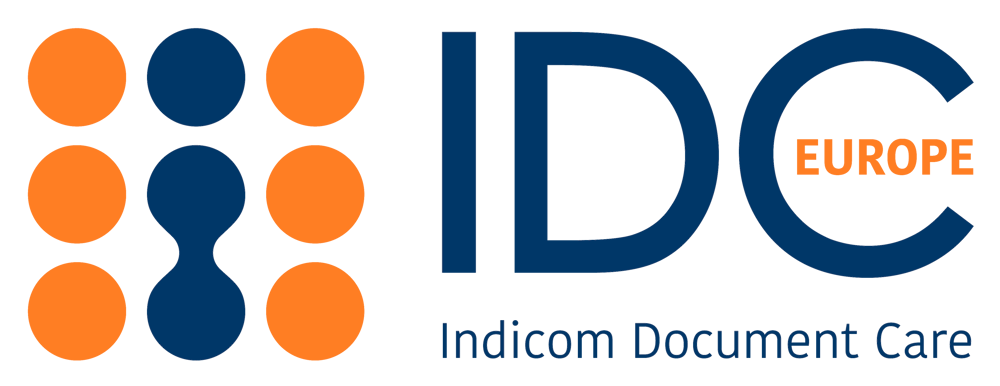Since its inception in 2018, the German federal government operated 2 platforms to receive electronic invoices, each serving different public agencies. The original reasons lay in 2 distinct sources of financing for the immediate and indirect administration on the federal level. This resulted in costly parallel operation on the side of the public administration, including requiring double maintenance and evolution in this dynamic sector. Furthermore, the suppliers needed to learn to distinguish the various parts of the administration. This causes extra complexity and confusion, tainting the obvious advantages of using electronic invoicing.
Decision and preparing to switch
In November 2024, the ministries of finance and the interior jointly decided to consolidate the 2 platforms into one. As a result, OZG-RE, the platform used by indirect administration as well 5 of the Länder, will additionally serve the recipients currently reachable via ZRE.
Since then, a migration project is under way across the federal public administration in Germany, including:
- technical work to setup the ZRE recipients on the OZG-RE platform,
- connect the OZG-RE to necessary systems and processes within the public administration, and
- communicate about the migration phase internally as well as to the suppliers.
Switching suppliers, one agency at a time
To help communicate the transition, the federal supplier’s guideline presents the current status from an invoice issuer’s point of view. The rollout starts on 23.5.2025, switching the Purchasing Office of the Bundeswehr from ZRE to OZG-RE. Other agencies will follow in due course, with each agency’s suppliers’ given early notice of the upcoming switch.
Needless to say that only suppliers using interactive or portal-specific invoicing channels require action. Conversely, standardized delivery via Peppol will automatically switch to using the correct endpoint once its published registration in the network is updated, benefitting from Dynamic Discovery of the architecture.
In the end, a logical move
In summary, this consolidation remedies a situation that was never rooted in business or architectural foundation. Instead, it was solely a (quite public) workaround to a budgetary restriction in the federal system of the Republic of Germany. As such, this is overdue, reasonable and leads to a more natural invoicing solution in the public sector.








